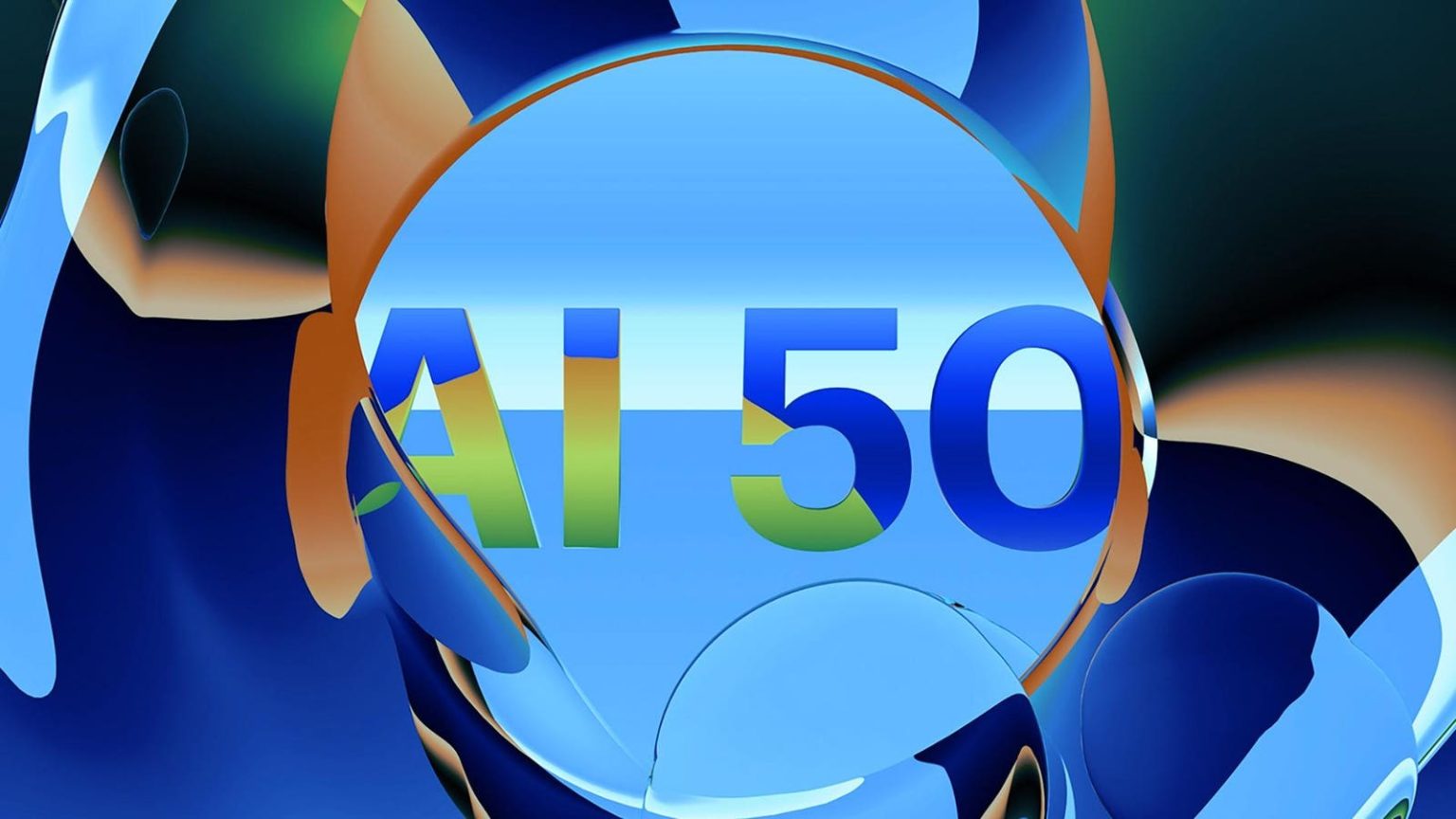The artificial intelligence industry is on the rise, with Forbes’ sixth annual AI 50 list showcasing the most promising startups in the sector. While the ultimate goal of a billion-dollar valuation with a single employee remains a distant dream, the companies on the list are trending in that direction. The list includes companies with varying headcounts, with only three companies having 1,000 employees or more. However, the majority of this year’s list consists of new entrants with smaller headcounts, highlighting the growth potential of these startups.
Many of the newcomers on the list have demonstrated significant traction in the past year, particularly in selling infrastructure for AI applications. Companies like Pinecone, LangChain, and AssemblyAI have seen substantial growth by providing essential tools for AI development. Other startups have shown promise in applying AI to real-world use cases, such as Abridge in medical scribing, Sierra in customer service chatbots, and Notion in generative AI for productivity suites. These companies are paving the way for a future where every company becomes more of an AI company.
The AI industry is experiencing a boom, with two dozen companies on the AI 50 list valued at $1 billion or more. The three most valuable companies, OpenAI, Databricks, and Anthropic, have seen their valuations increase significantly over the past year. Additionally, humanoid robot maker Figure AI and AI hub Hugging Face have secured high valuations, indicating strong investor interest in growth-stage AI companies. These top startups are attracting investments from major industry players like Jeff Bezos, Amazon, Google, and Nvidia, further fueling their growth.
While the AI sector is thriving, startups are achieving more with fewer employees. The most promising newcomers on the AI 50 list have demonstrated that leaner operations can lead to greater success. Despite a slight decrease in overall headcounts compared to the previous year, the companies on the list are raising more capital and accomplishing significant milestones. Even larger companies like OpenAI are competing with industry incumbents like Google with a fraction of their employee base, showcasing the potential for startups to challenge established players in the AI race.
European startups are also making their mark on the AI landscape, with Mistral AI emerging as a standout debut on the AI 50 list. This Paris-based startup aims to rival OpenAI and has already reached a $2 billion valuation. Eight companies on the list are headquartered in Europe, up from two in the previous year, indicating the region’s growing influence in the AI industry. Companies like Photoroom, Cradle, and ElevenLabs are spearheading innovative AI projects across Europe, with alumni from Google and DeepMind playing a significant role in their success.
Europe’s concentration of AI experts, particularly in hubs like London, Paris, and Zurich, is contributing to the rise of promising AI startups in the region. Sequoia Capital partner Konstantine Buhler notes that Europe’s per capita concentration of AI experts is 30% higher than the United States, highlighting the region’s potential for innovation in the AI sector. With the AI industry continuing to expand and evolve, European startups are poised to make a significant impact on the global AI landscape.


